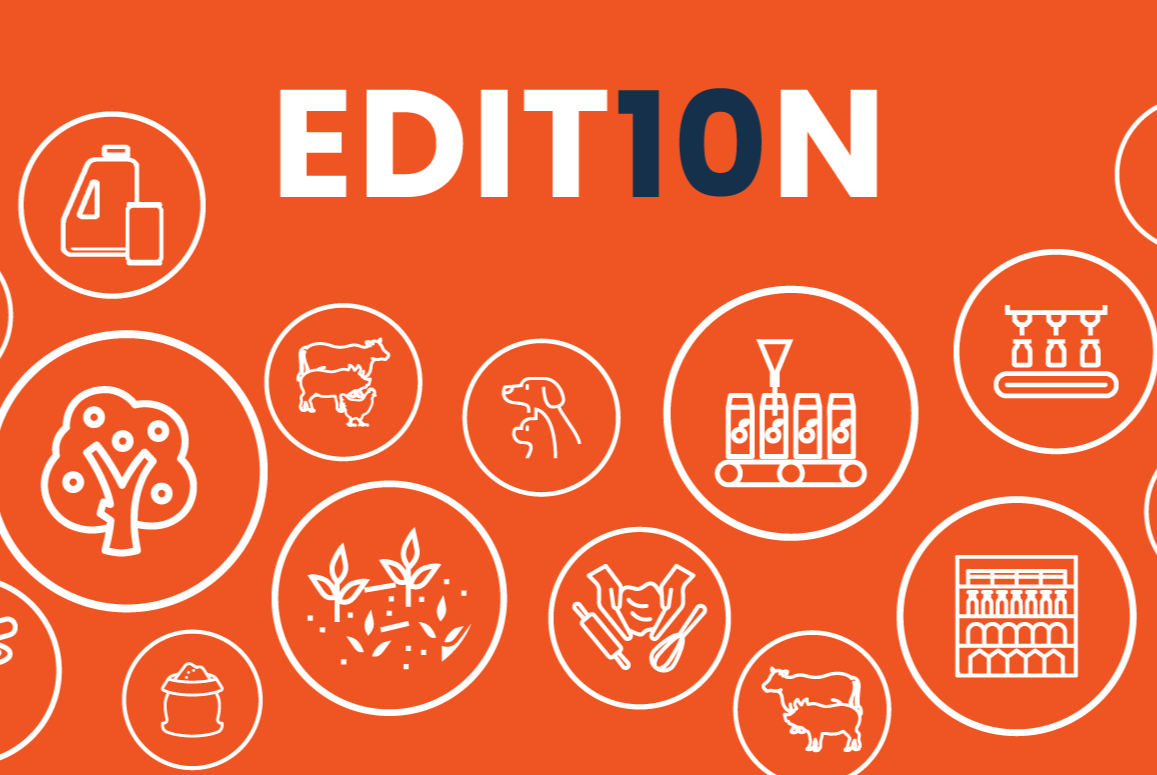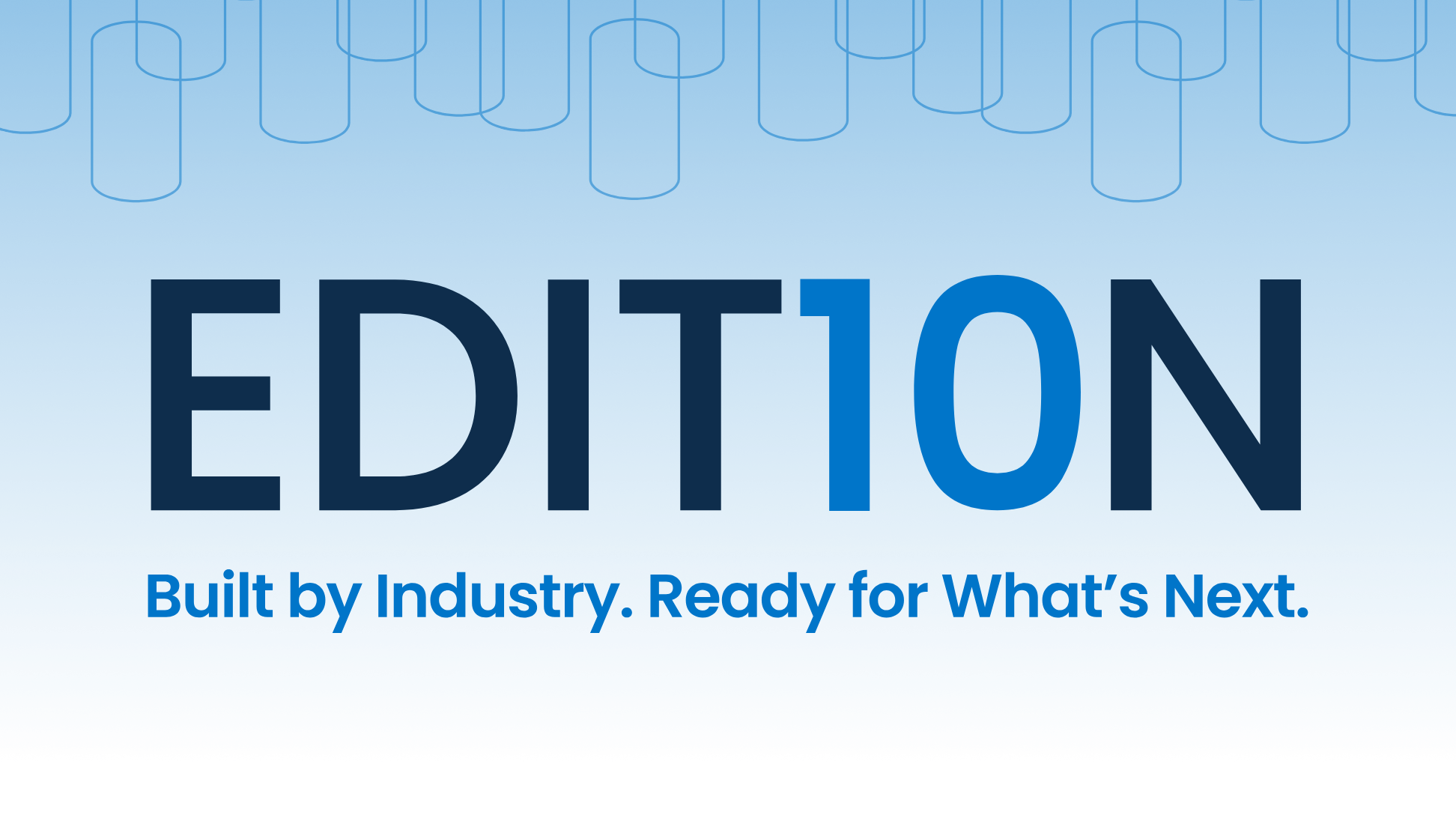Allergen Management is Key to Reducing Recalls
 Every SQF food safety practitioner needs to stay up to speed with allergen management. Allergens are the leading cause of FDA and USDA recalls, and can also cause trips to the doctor’s office for potentially life-threatening reactions. Food allergies affect over 32 million people in the United States, and incidents of food allergen mislabeling continues to increase significantly.
Every SQF food safety practitioner needs to stay up to speed with allergen management. Allergens are the leading cause of FDA and USDA recalls, and can also cause trips to the doctor’s office for potentially life-threatening reactions. Food allergies affect over 32 million people in the United States, and incidents of food allergen mislabeling continues to increase significantly.
It is imperative to have an allergen protection program to keep your product and your consumers safe.
What Are Allergens?
Allergens are naturally occurring food proteins that cause abnormal immune responses, such as rashes, breathing problems, vomiting, or anaphylaxis.
Examples of common allergens include:
- Wheat
- Soy
- Milk
- Eggs
- Peanut
- Tree nuts
- Crustacean/shellfish
- Sesame
- Mustard seed
How to Manage Allergens in the Process Flow
A comprehensive and validated allergen management program as part of the food safety management system is essential in assuring sites cover all potential allergen risks to ensure that they will not fall victim to allergen-related recalls or illnesses.
Avoid Cross-Contact
One way to ensure protection is to implement measures to avoid cross-contact in your production processes. Production sites must identify points in the process that could lead to cross-contact so that measures can be put into place to mitigate or prevent any contact between allergen-containing material and non-allergen-containing material.
Label Accuracy
Accurate labeling all along your production processes is also an essential part of a comprehensive food safety and allergen management program. Labeling of raw materials, ingredients, and packaging helps to ensure that allergens are not introduced into the process. The mislabeling of allergens is the leading cause of recalls in the U.S. and many other countries. Consumers with food allergies rely on accurate labeling to avoid potentially life-threatening exposure to allergens. Sites must have in place specific measures to ensure the labels are accurate and are placed onto the correct product.
Conduct Food Safety Risk Assessments
It’s not enough to know just that allergens must be avoided. Some products require the addition of allergens into the process flow. It’s also about the processes put into place to prevent allergen contamination. Conducting a food safety risk assessment is the first step for sites to examine how potential contamination could occur at any point in a production process flow.
Create Control Points
Identifying allergens, also known as “chemical hazards,” in an allergen management plan allows a site to then identify control points where they can implement measures to control allergen hazards. At these points, sites develop strategies to avoid the potential for cross contact and inaccurate labeling.
Verify and Validate Food Safety Plans
Sites must assess every potential risk, from air movement to storage conditions, implement control measures, and then ensure the control measures are effective. Through proper verification and validation of every aspect of the allergen management plan, sites can work to protect their products and their consumers from allergen hazards.
SQF Allergen Management: Preventing Allergen Contamination and Recalls
The Food Safety Risk Management collection is available for $899, and individual courses like our SQF Allergen Management Program are available for $189.
The SQF Allergen Management Program is an interactive course on how to implement a robust allergen management program to protect consumers, meet SQF Code, and prevent recalls.
Keep Your Production and Consumers Safe
Food allergies can be deadly, but through hazard identification, mitigation, and hard work, we can manage allergen contamination from occurring in the global food supply chain. Your SQF food safety management program is the first place to start.
Recent Blog Posts
With Edition 10 audits arriving as early as Jan. 2, 2027, sites that start closing gaps today will walk into their audit with far more confidence than those scrambling at the end of 2026.
SQF Food Safety Code Edition 10 is now available, and it marks more than a routine update to the Code.
As we move toward the launch of SQF Edition 10 in early March, one message is clear. Food safety is no longer evaluated only through programs, procedures, and records.




